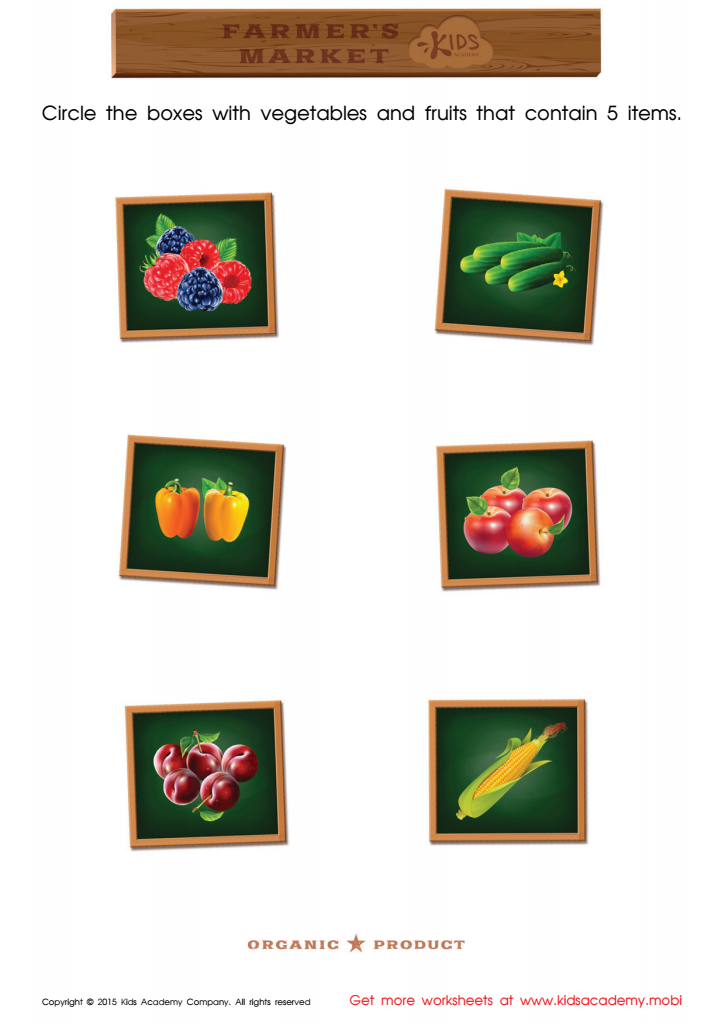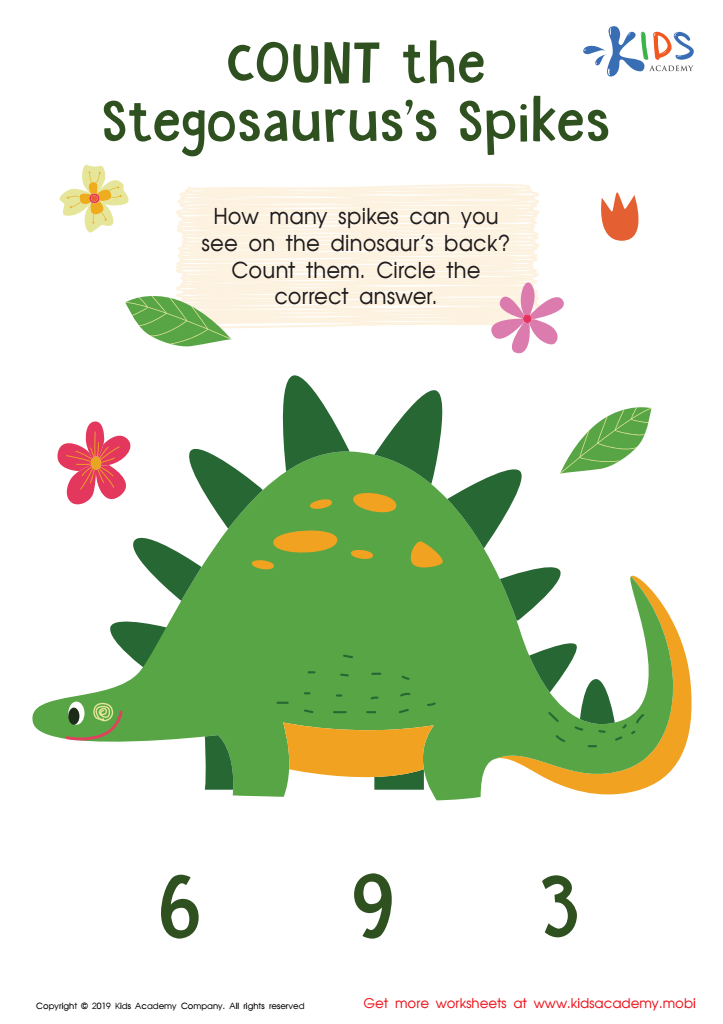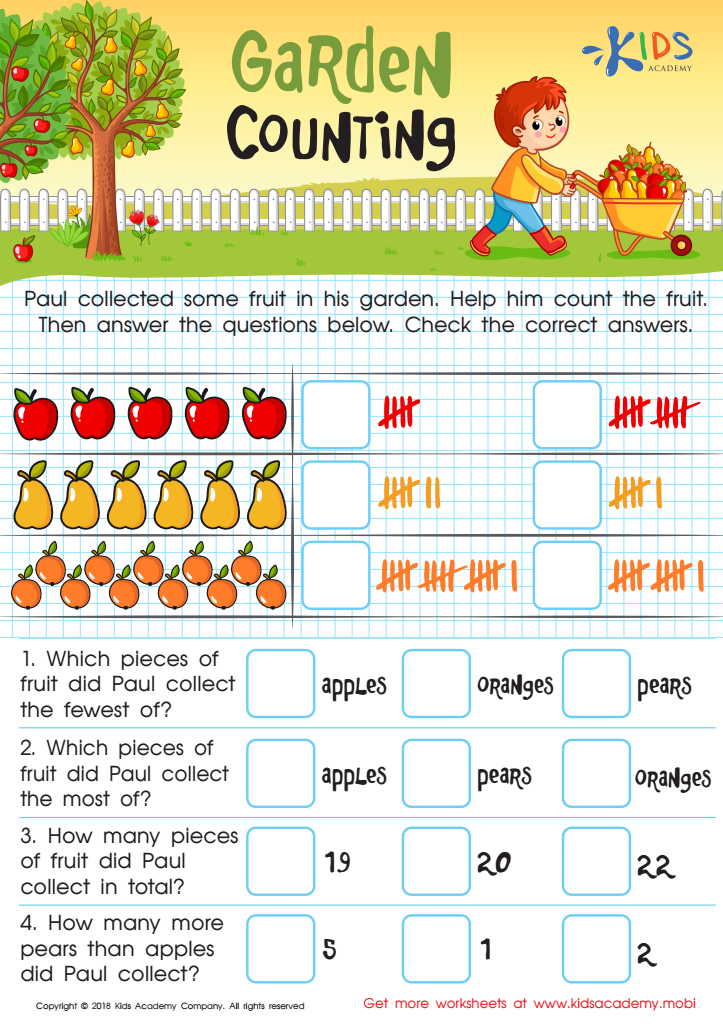Object identification Math Worksheets for Ages 6-8
3 filtered results
-
From - To
Boost your child's learning experience with our engaging Object Identification Math Worksheets, designed specifically for ages 6-8! These worksheets help young learners enhance their observation skills while developing a foundational understanding of math concepts such as shapes, sizes, and grouping. Featuring colorful illustrations and interactive exercises, children will enjoy identifying objects in various contexts and solving relatable problems. Our easy-to-use printables promote critical thinking and reinforce essential math skills. Help your child build confidence and joy in learning with these fun, educational resources that encourage exploration and creativity in mathematics! Perfect for home or classroom use. Start their math journey today!


Count and Match Vegetables 1 – 7 Math Worksheet


Count the Stegosaurus's Spikes Worksheet


Garden Counting Worksheet
Object identification in math is a crucial skill for children aged 6-8 as it lays the foundation for their overall mathematical understanding. At this stage, children are transitioning from basic number recognition to understanding shapes, patterns, and the relationships between different objects. This skill enhances their ability to classify and sort items, fostering logical thinking and problem-solving capabilities.
When children learn to identify objects and their attributes, they become more adept at visualizing mathematical concepts. This leads to stronger skills in area measurement, geometry, and data handling. Furthermore, as children recognize and categorize objects, they develop critical cognitive skills that improve their spatial awareness and reasoning abilities.
Parents and teachers should care about object identification because it supports not only math literacy but also language development. Discussing the properties of various objects enriches vocabulary and encourages communication skills. Promoting object identification through engaging activities can create a playful learning environment, essential for motivation and enthusiasm in young learners.
In essence, focusing on object identification equips children with fundamental tools for future academic success, fostering a positive attitude toward math as they grow. Investing time in these early skills provides long-term benefits that extend beyond mathematics into other areas of learning.
 Assign to My Students
Assign to My Students





















